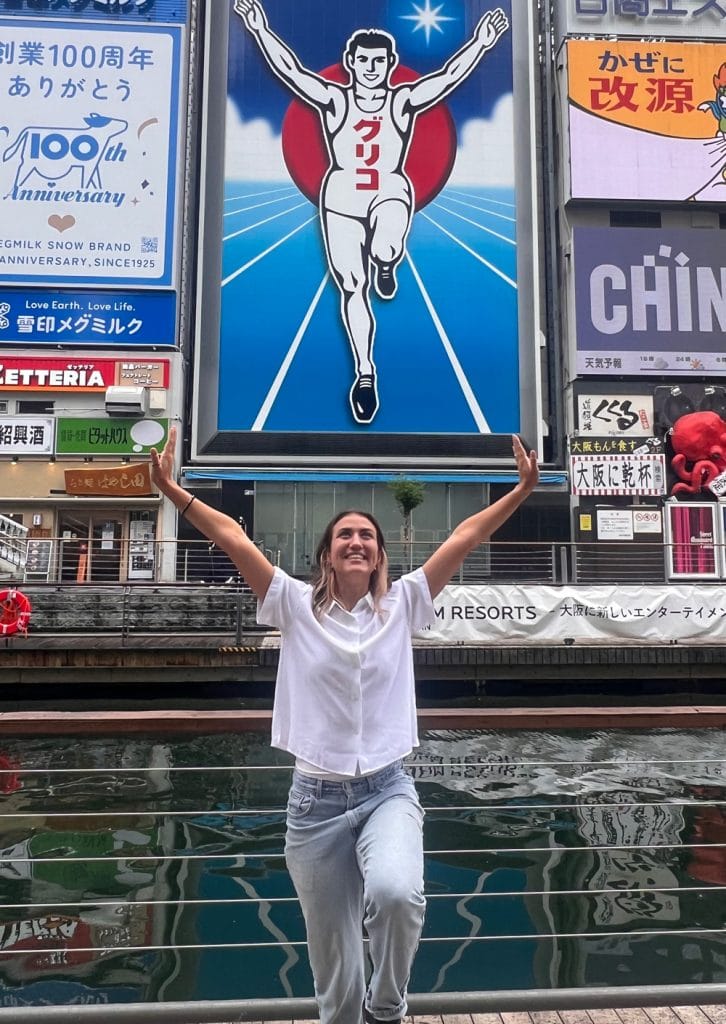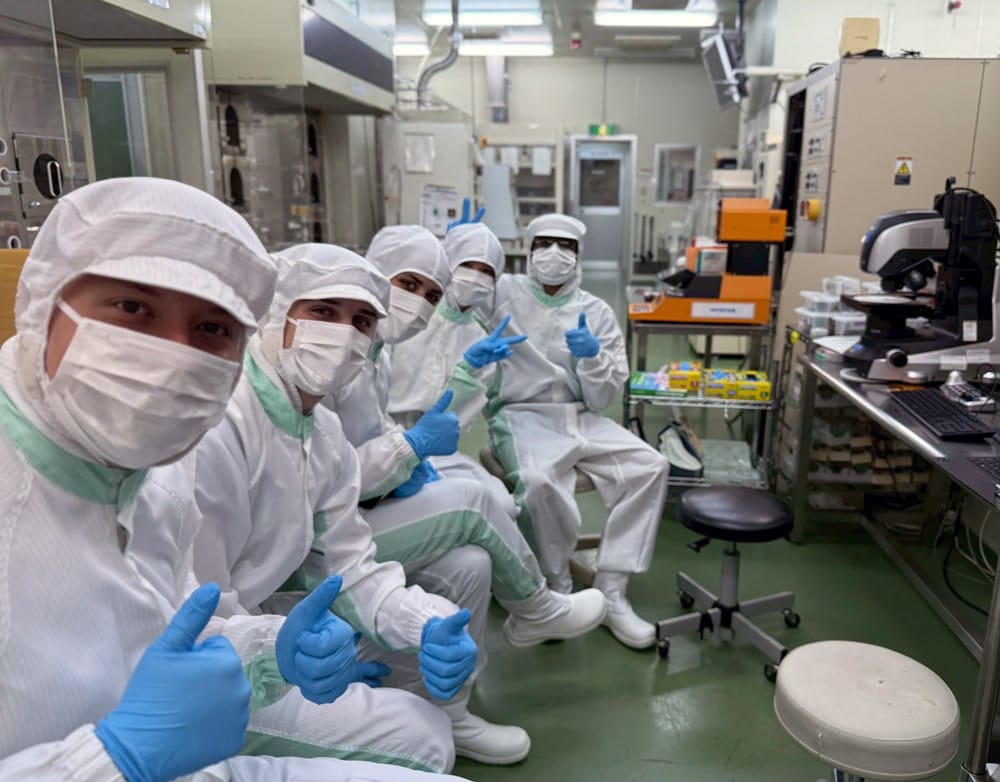Hastings College student Sophia Lee never expected a chance email to lead her to Japan, but now she’s immersed in high-tech medical research — and Japanese culture — thanks to a life-changing internship that’s broadening her horizons far beyond the classroom.

The internship, which is based in Toyohashi, Japan, is funded by the National Science Foundation’s International Research Experiences for Students (IRES). IRES allows mentors and professors to apply for grants to create a fully funded internship opportunity for students in science, technology, engineering and mathematics.
The goal for the project Lee is working on is to create a portable device with a microchip that has a sensor that can accurately detect diseases and illnesses.
Lee, who is from Los Angeles, California, studies wildlife biology at Hastings College. She’s always been passionate about nature and the outdoors, especially animals. Although this internship focuses on human biology, Lee said she’s learned many new skills that can benefit her future.
“Just having the international experience on top of this research project will help my resume,” Lee said. “With this specific project and my interest in diseases in endangered animal species, having a device like this will be extremely helpful in animal research.”
Lee came across this internship by chance. She had friends who received an email about this opportunity that were not able to apply for it. With encouragement from her friends, she applied and got the position through the University of Nebraska–Lincoln.
“I really didn’t go looking, but I thought that I might as well apply. I sent in my resume and wrote a cover letter. I also had to write a statement of research interest, and then went through two interview cycles,” Lee said.
Research uses sensor to detect disease
The research focuses on creating a device that can determine diseases by using pathogens, disease-causing agents. They are working with an electronic high-tech CMOS (complementary metal-oxide-semiconductor) sensor. This is a national security sensor, which means it cannot leave the country. CMOS sensors are electronic microchips used to produce electrical signals from images by using fluorescent light.

“We are working on this microchip, and you can flow a sample of saliva through the channels over the sensor and it’ll show a light on a screen and that’s how you know if they have a disease or illness,” Lee said.
This internship involves training, lab work, data collection and language lessons. Lee is kept busy during the day starting at 9:00 a.m. for training and then goes into labs or lessons and tours. Evenings are open and Lee spends her time exploring the city and taking the bullet train all around Japan.
“Training usually goes for a couple of hours until lunch, and in the afternoon, if we aren’t doing a tour at a company, we go back to our office work space,” Lee said. “From there, we are brainstorming. Right now we are researching and trying to find the best design for the device; after that’s done, there will be a lot of testing in the lab.”
Internship creates opportunities
The internship has allowed Lee to experience hands-on work and set new goals for her future. She said that she wants to complete the project and be able to have a working device, even if it’s not perfect, and apply the experience to her studies at Hastings College and beyond.
“Being able to work collaboratively internationally is a big part of what I’m hoping to accomplish. I’m hoping to engage with the culture, the language, history and daily life. Each intern is studying a different field, so I get to learn from each of them on what part of the project they specialize in,” Lee said.
Lee said that Hastings College professors, classes, teaching techniques and the community gave her the tools and skills she needs to apply herself to this internship.
“The classes I’ve taken have required me to do a lot of research and data collection, so I’d say that’s my strong suit. Hastings College also helps me think outside of the box and use critical thinking more,” Lee said. “Also, I’ve done a lot of collaboration at Hastings College with the soccer team and just in group projects.”
Lee has used this opportunity to expand her knowledge, contribute towards her future and travel abroad. She plans on going to graduate school, whether that be abroad or staying in the states. She plans on using her new gained skills in her academic and career endeavors.
